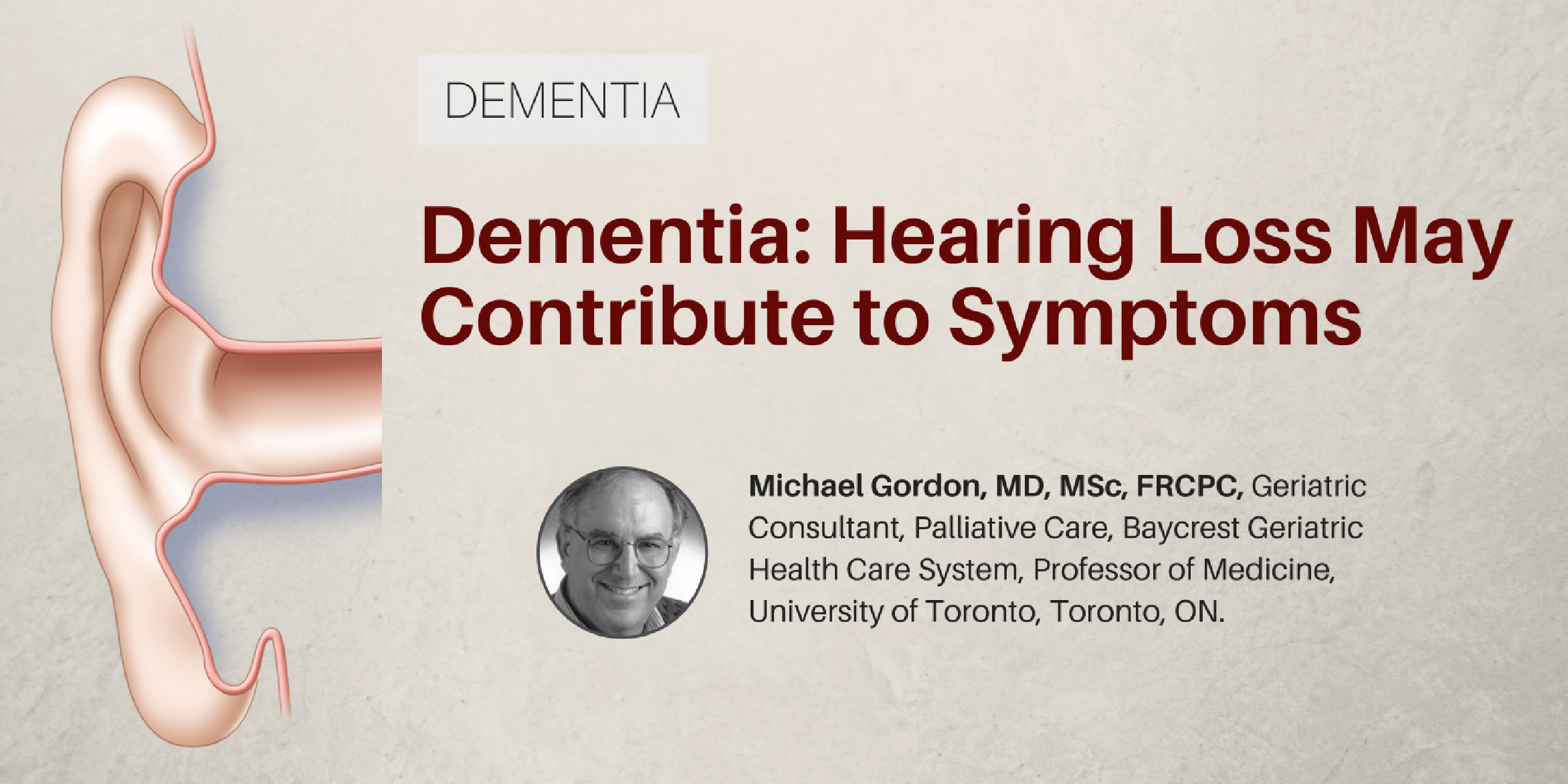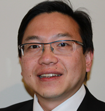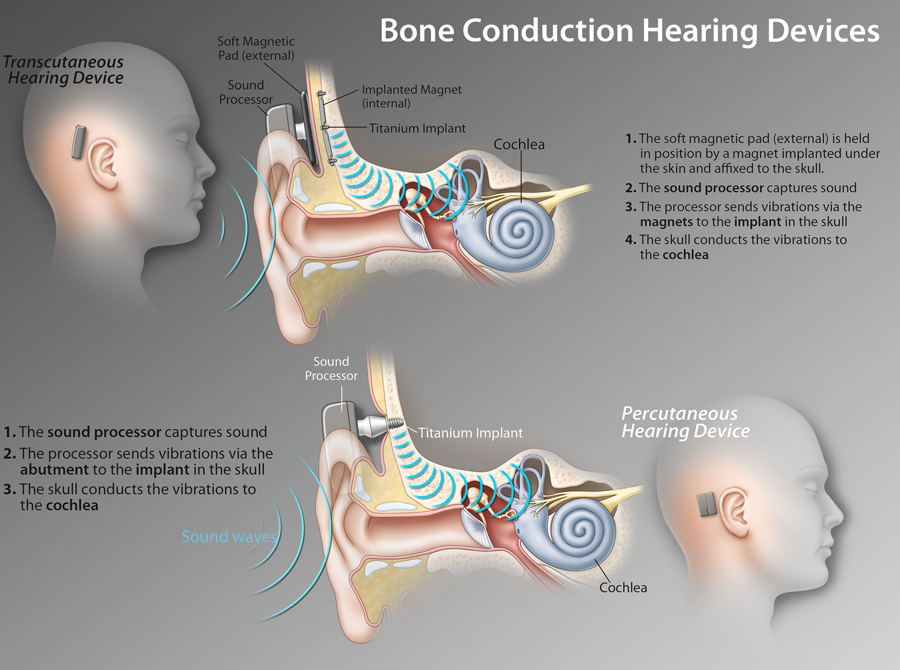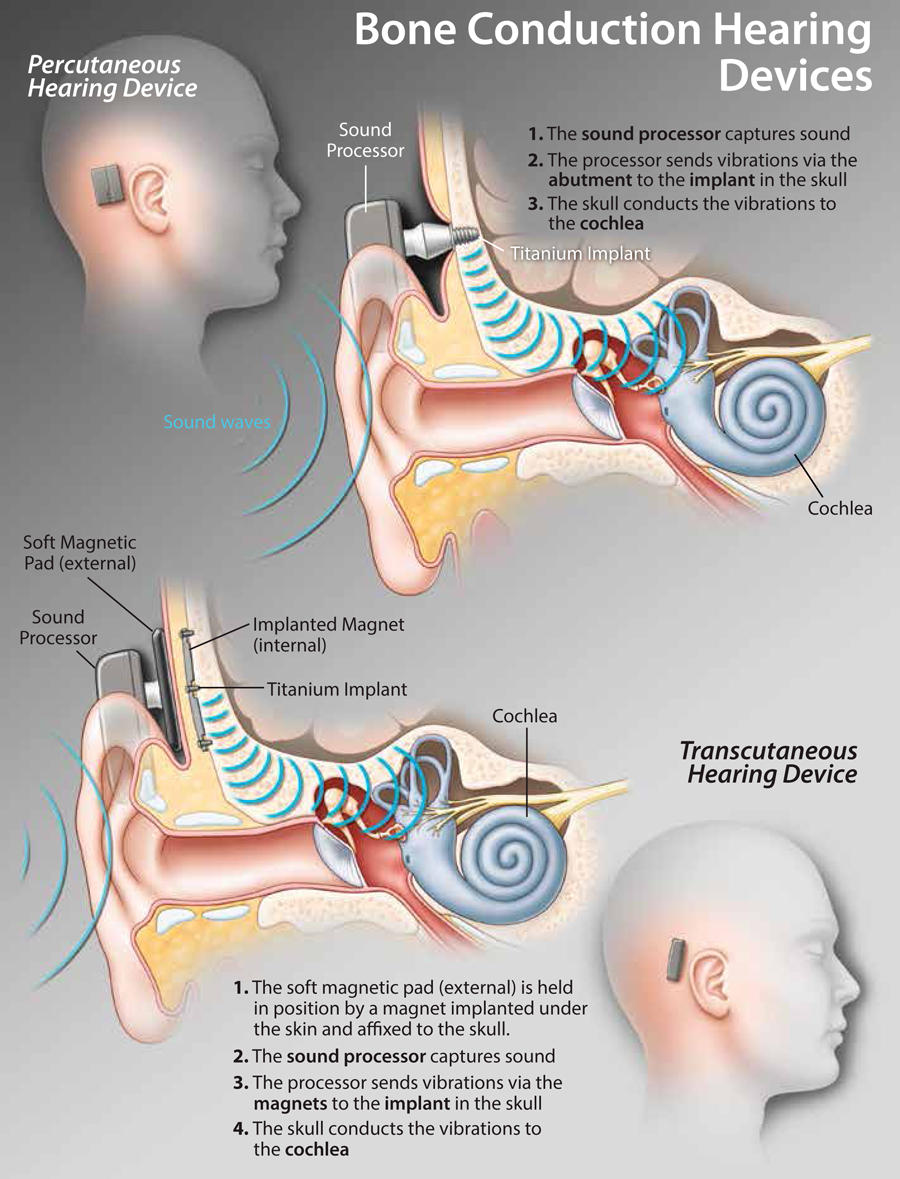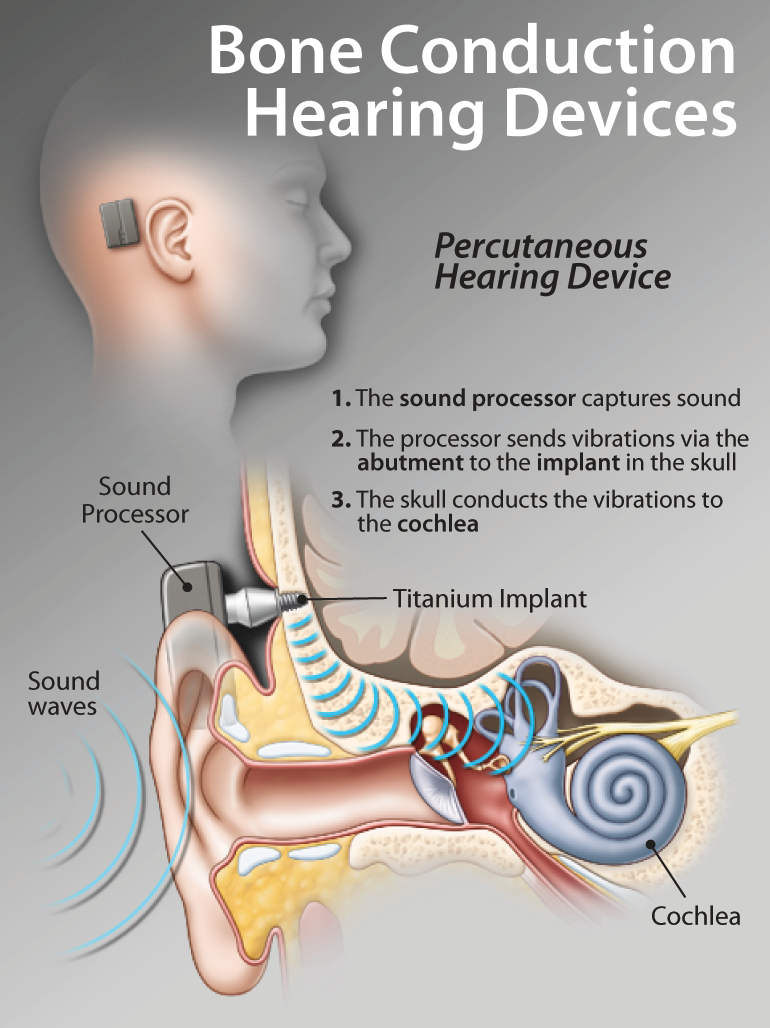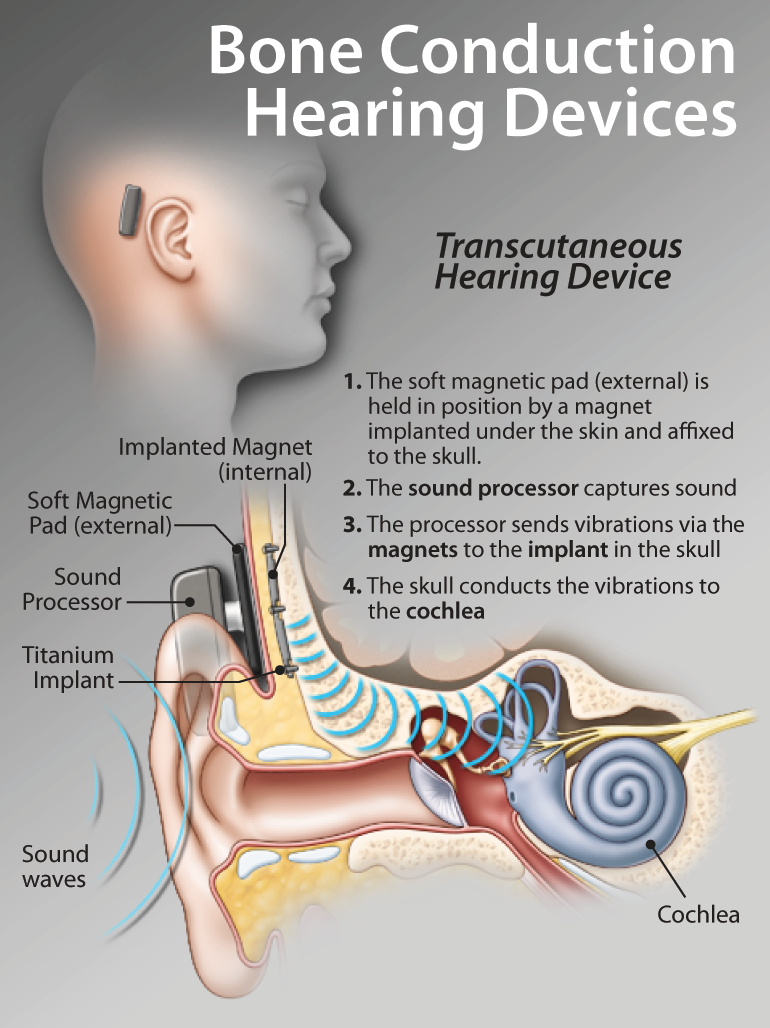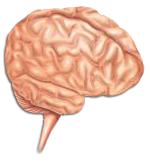Jerome D. Schein, PhD, Professor Emeritus, New York University, New York, NY, USA; Adjunct Professor, University of Alberta, Edmonton, AB.
Maurice H. Miller, PhD, Department of Speech-Language Pathology & Audiology Steinhardt School of Education, New York University, New York, NY, USA.
For persons whose hearing does not return in 60–90 days following idiopathic sudden sensorineural hearing loss (ISSNHL), audiologic rehabilitation should be provided. This article describes aspects of audiologic rehabilitation, including counselling, information about lifestyle changes, and techniques (such as amplification) for overcoming the communication handicap ISSNHL imposes. Advantages and limitations of various hearing aids are presented.
Key words: audiology, counselling, hearing aids, otology, rehabilitation, sensorineural, hearing loss.
